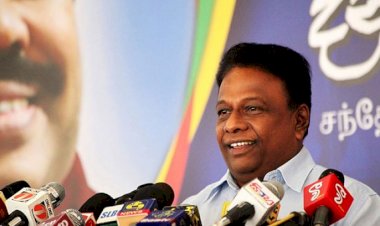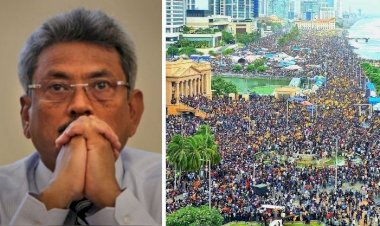Australians living overseas cannot leave Australia if they return

Australians who live overseas will no longer be granted automatic permission to leave the country, in the latest federal government effort to curtail international travel. Government expands border ban in a move experts say could be constitutionally invalid and unfairly affect Australians from multicultural backgrounds.
On 1 August, the health minister, Greg Hunt, amended the legislative instrument that created the overseas travel ban to remove this exemption, and further tighten rules on Australian citizens or permanent residents.
The change, introduced this week to come into force on August 11, appears designed to deter overseas-based Australians from flying back for a visit, rather than a permanent relocation. Now they will be forced to apply to the Australian Border Force for an exemption that can be granted in what the federal government describes as "exceptional circumstances"
Until August 11, Australians living overseas don't need to apply for an exemption but generally need to show their passport to a Border Force official at the airport when leaving the country.
"The exemption was not intended to enable frequent travel between countries," an explanatory statement attached to the legislation says.
The government argues the original automatic exemption was meant to allow overseas residents to leave once, not return for a visit, and says those people have already had "substantial time" to leave.
"This does not stop Australians ordinarily resident outside Australia from departing. However, these people will now need to apply for an exemption," Home Affairs Minister Karen Andrews said.
"The amendment will reduce the pressure on Australia's quarantine capacity, reduce the risks posed to the Australian population from COVID-19, and assist in returning vulnerable Australians back home."
However, Prof Kim Rubenstein, an expert in citizenship law from the University of Canberra, said the change would unfairly affect Australians from multicultural backgrounds and could be constitutionally invalid.
Rubenstein said to one of the leading new portal ‘ Guardian’ that the change would also discourage Australian citizens who had moved overseas to return home, for example, if they had to care for a family member or similar.
According to the 2016 census, 49% of Australians were born overseas or had at least one parent who was born overseas.
An explanatory statement from the health department said that people who would be affected “have had substantial time in which to take action under the exemption” since it began in March 2020.
“The exemption was not intended to enable frequent travel between countries,” it said. “The amendment will reduce the pressure on Australia’s quarantine capacity, reduce the risks posed to the Australian population from Covid-19, and assist in returning vulnerable Australians back home.”
Currently, Australian citizens and permanent residents are banned from leaving Australia, and have to apply for an exemption to do so, which can be granted for employment, study, or compassionate reasons, among others. While many countries have imposed strict entry restrictions during the pandemic, Australia is the only one to ban its citizens from leaving.




 mode1
mode1 






































